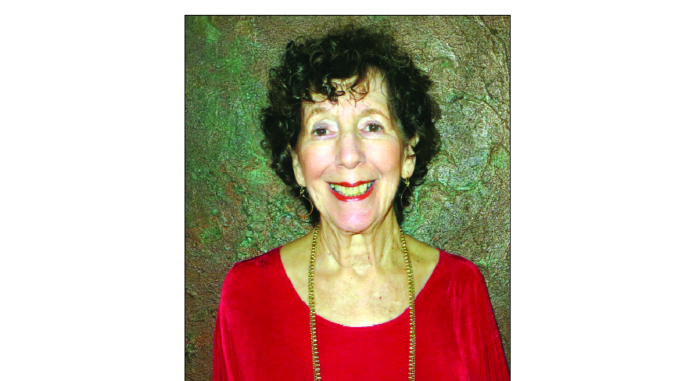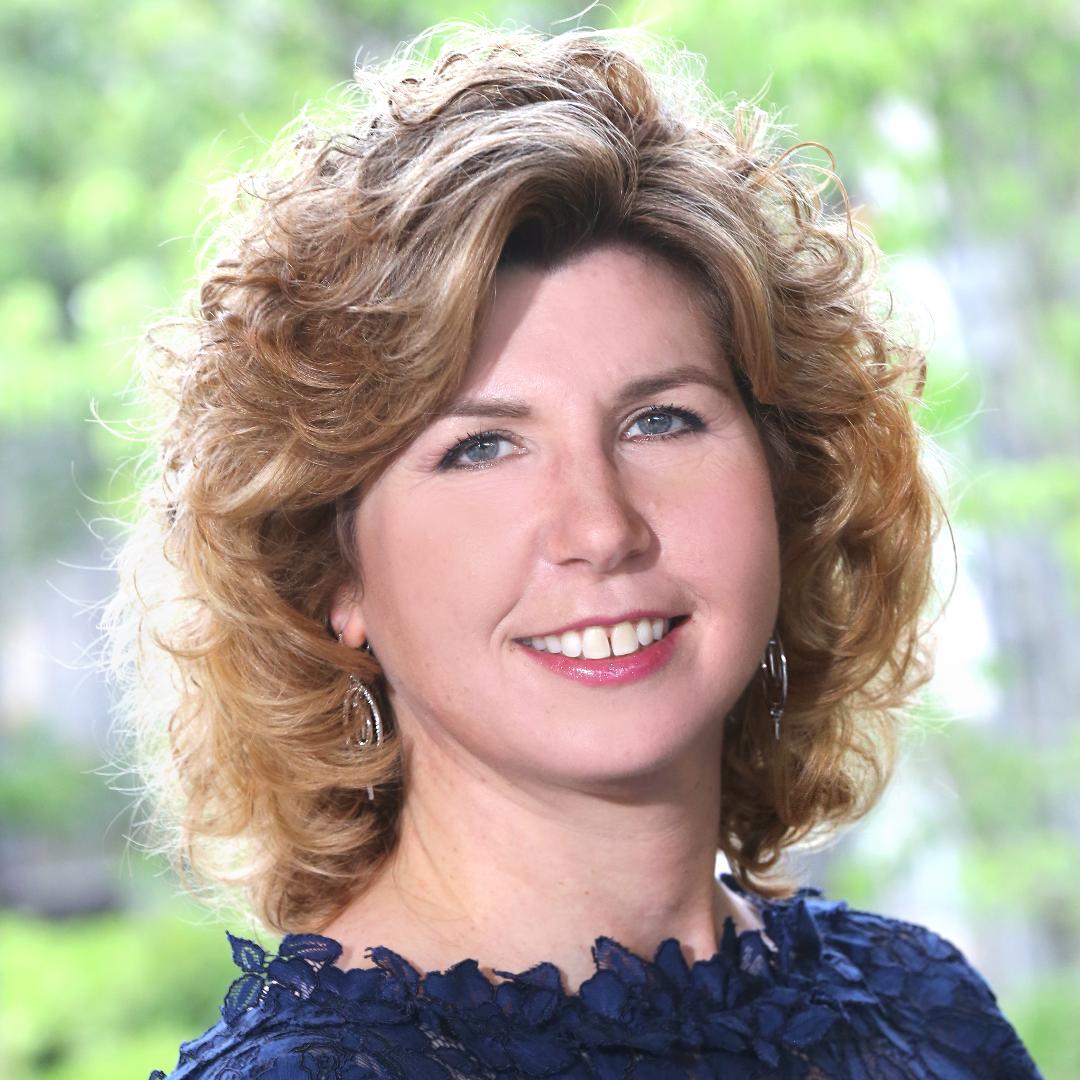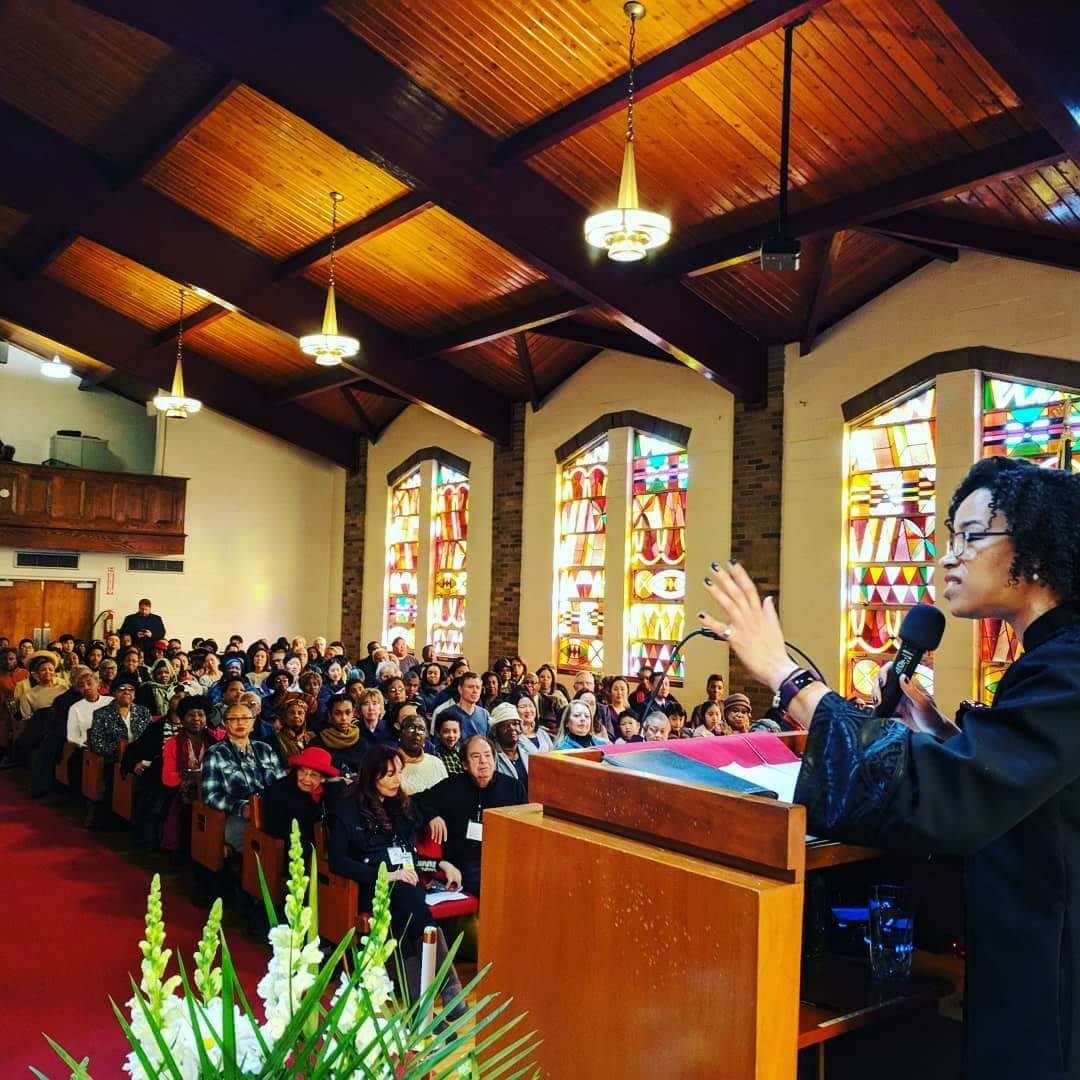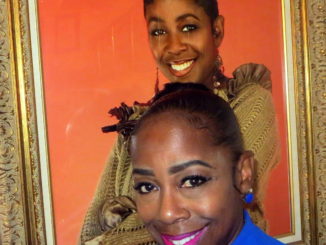
ENGLEWOOD, N.J.—Jacqueline Sideman Guttman’s entire professional career has been devoted to music education and arts administration.
In retirement, she founded the Arts for Life Network of New Jersey, which promotes and provides high quality participatory arts programming for active older adults.
Prior to that, she was the owner of ArtService Associates, a consulting organization with an emphasis on education, outreach and strategic planning for community-based arts organizations. She was also development director and music education partnership consultant for the JCC Thurnauer School of Music in Tenafly, for which she acquired the organization’s first state and federal grants.
A former flutist and K-12 school music teacher, Guttman also served for 18 years as director of Kol Emet, the adult choir of Temple Emeth in Teaneck, as well as spending a decade as director of performing arts at Wave Hill, a New York City cultural institution. When she was a flutist, she played with the Bergen Philharmonic and Adelphi Chamber Orchestras as well as freelancing.
She has written numerous teacher supplements for in-school performances and arts workshops that integrate the arts with all subject areas.
Guttman is co-author, with Stefanie Mandelbaum, of a critically praised teacher resource book, “ARThematics Plus, Integrated Projects in Math, Art and Beyond,” and author of the “Partners in Excellence” handbook, published by the National Guild for Community Arts Education. She has served on numerous grants panels in both New York State and New Jersey, and for the Rotary Club of Englewood. She also coaches the Rotary Club’s instrumental group, the Starling Ensemble.
Guttman has been an active volunteer, serving as president of Temple Emeth, board member and development committee chair of Jewish Family Services and, more recently, as a board member of the Englewood Historical Society, Age Friendly Englewood and ArtsBergen. She is currently vice president of the Englewood Rotary Club, from which she received a community service award.
A graduate of New York City’s High School of Music and Art (now LaGuardia High School), she holds a B.S. in music education from SUNY Potsdam and master’s degrees in both music education and arts administration from New York University. She was an adjunct assistant professor in the NYU Performing Arts Administration Program, teaching marketing, supervising student internships and serving as acting program director.
Guttman is currently writing a book of essays dealing with the absurdities of living as a single adult for the first time in her life at 70-plus after the loss of her husband of 52 years.
• • •
Hillary Viders: I’d like to start by asking you a question about your early music experiences. Coincidentally, I also attended the High School of Music and Art and it was a very elite school with extremely talented students. What are some of the best memories you have from those days?
Jacqueline Guttman: I just loved it! Everyone was there because they wanted to be there and the teachers really liked teaching us. There was never any question of belonging or not belonging. I was so grateful for being there!
HV: Do you think that high school students today work as diligently on their music skills as they did years ago? I remember that many of my classmates practiced their instruments 6 to 7 hours a day. With all the after school activities and time spent on social media do you think that is still possible?
JG: I think it is in the specialty schools. My granddaughter is a voice major at LaGuardia and she is also a dancer. So in addition to the full day of classes, she dances most of the week. I just went to one of the school’s performances, “Cinderella,” and it was fantastic.
HV: When you were a flutist, you played with several area orchestras. Why did you stop playing flute?
JG: At age 27, I developed rheumatoid arthritis. Fortunately, I actually got 10 more years of playing (43 in all) than I might have because a musician friend told me about a flutist who had had her instrument custom fitted. I was able to do the same and also used special rings that were actually splints.
HV: You moved from Teaneck to Englewood in 2001. What brought about that move?
JG: My husband and I were looking for a single level house because we both had orthopedic issues. But, the one town that I really wanted to live in was Englewood. It’s such an interesting place with wonderful diversity.
HV: You are currently running an acting program for seniors. How is that coming along?
JG: This is our fifth year and we’ve just finished one course and expect to start another one in the spring. Michael Bias, who teaches the classes, founded the Garage Theater Group at Fairleigh Dickinson University. Michael came to teach my Arts for Life acting class at Flat Rock Brook Nature Center. The students really enjoy the program. Some have been coming for 5 years and others are novices.
HV: Do you think that it is harder for older people to master acting skills, such as memorizing lines, than young people?
JG: Some skills, like memorizing lines, can be easier for younger people, but seniors are more confident and less inhibited in their performances. Also, in our classes with Michael Bias, students are not required to memorize lines, although our oldest member, aged 85, does. We do not put on shows; it is about process.
HV: How has the acting course enriched your own life?
JG: It’s loosened me up a lot and taught me to use my voice more effectively. One evening, I had to read a simple list of things that you can do when grieving, and it was actually very difficult. But, Michael advised me to read as though I was speaking to myself, and that made a huge difference. When I put my emotional range into it the whole personality of the piece changed. I was really moved and choked up at the end, barely able to get out the last words, “but you’ll adjust.”
HV: Can you tell us about your upcoming book of essays on the topic of single life after 70?
JG: It will be a collection of about 18 essays. They will have drama but also a lot of humor. The most recent one is called “A Single Woman.”
Looking back at my life, I saw that a lot of my being independent and extremely capable came from having a husband to give me help when I needed it. So, a few months after my husband passed away, I started using online dating sites like JDate and Match.com, but I didn’t find anyone intriguing on either of them.
Then I attended a writing workshop where I met two women who have never been married. One was 48 years old and the other was in her 50s. They seemed very self-sufficient and content, and I realized that you can have a totally fulfilling life as a single person.
In this essay I wrote, “The trick, I now realize, is to build a beautiful life that does not require an opposite image, a life that is full on its own, and joyous to boot. And that is what I have decided to do. I am sick of trying to define the word widow; I am finished doing that. I am throwing away that label. I feel like I’m emerging from a forest of obstacles into a meadow of possibilities. I am, simply, a strong, competent, funny, fairly attractive single woman. Here’s to me!”
HV: What is the best piece of advice that you would give other women over 70?
JG: “Be open to anything!”



